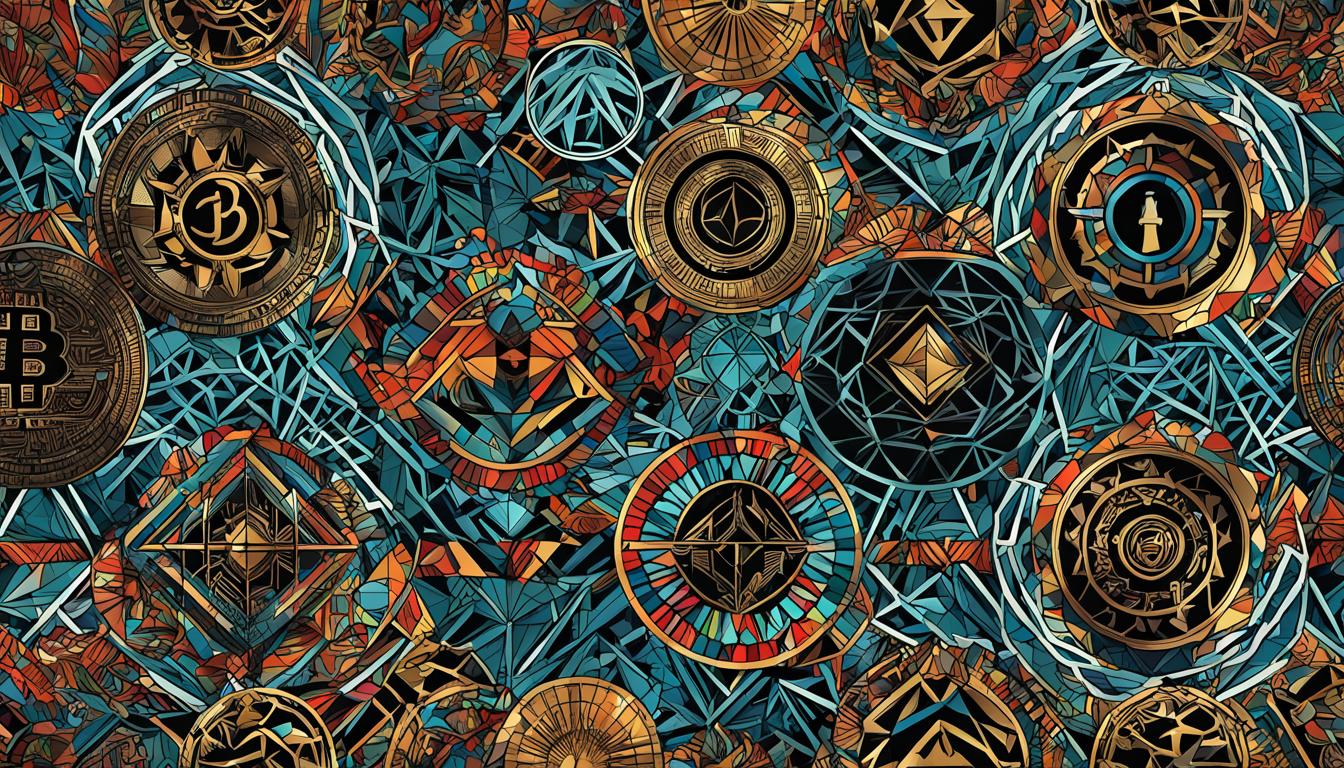Altcoins are cryptocurrencies other than Bitcoin, offering alternatives to Bitcoin and Ethereum with unique features and purposes. With thousands available, altcoins depend on their underlying blockchain’s development for continued success.
They include payment tokens, stablecoins, security tokens, utility tokens, meme coins, and governance tokens, each serving different functions. Payment tokens enable transactions, stablecoins offer price stability, security tokens represent real-world assets, utility tokens provide access to services, meme coins are driven by viral trends, and governance tokens allow user participation in network decisions.
While altcoins offer diversity and solutions to Bitcoin’s limitations, they come with risks such as lower liquidity, uncertain use cases, and potential scams. However, they provide investment opportunities for those willing to research.

